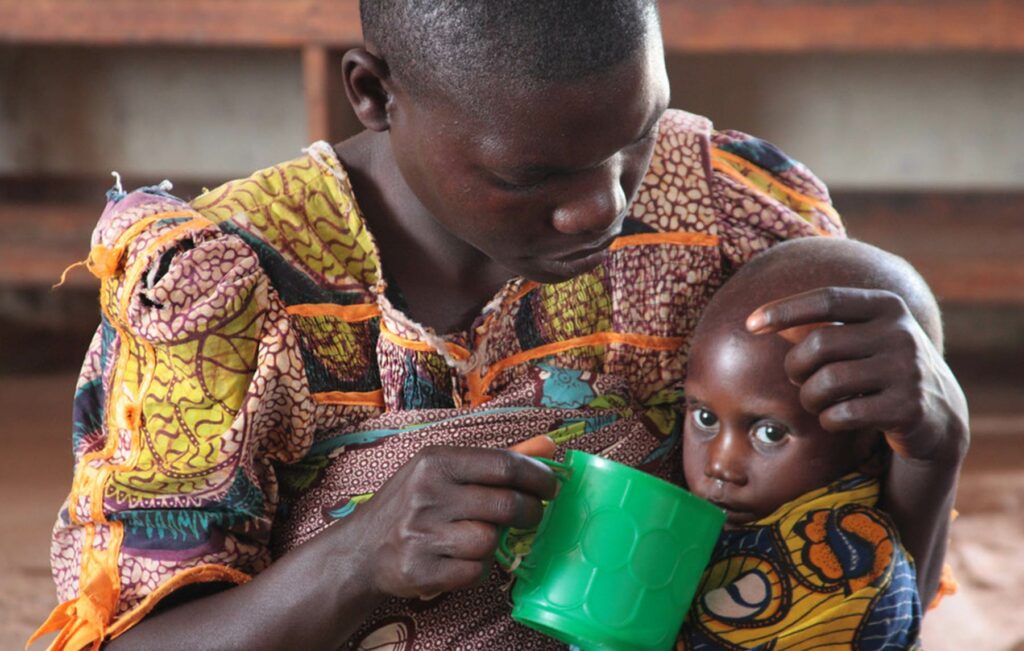
Food Rights Alliance (FRA) joined the rest of the world in the first-ever Eastern Africa Agroecology Conference in Nairobi, Kenya from 21st-24th March 2023 to share and engage in discussions on the issue of agroecology and its advancement in Eastern Africa.
The event attracted high-level stakeholders from African countries such as Kenya, Uganda, Tanzania, Rwanda, Ethiopia, India, Netherlands, and the rest of the world as well as the Food and Agriculture Organization (FAO) of the United Nations and African Union.
Stakeholders acknowledged the rising rates of food insecurity, hunger, and malnutrition in the world as well as in Eastern Africa. Through the discussions made, agroecology was presented as a holistic approach to transforming the global food system and solving the global challenges of food insecurity, biodiversity loss, and climate change. In addition, agroecology was also presented as a potential approach for solving the high levels of poverty and debt in the Global South.
Further, stakeholders engaged in discussions on the sustainability of agricultural production, productivity, and farming systems; Best practices towards food security and nutrition; Role of women and youth in agroecology; Agroecology financing, and institutional and policy drivers for agroecological transformation.
Numerous calls of action were made during the event. Dr. Emma Siliprandi from FAO urged all stakeholders to practice the 13 principles of agroecology in all engagements across the food system. Other calls of action made during the conference included the prioritization of farmer-led research, promotion of progressive cultural food practices, and farmer-led seed systems, and increased advocacy for an enabling environment for agroecological transformation among others.
FRA utilized the platform to raise pertinent questions on the context-specific ability of agroecology to address national, regional, and global poverty, food security, and nutrition issues. Further, FRA engaged stakeholders on the issue of contradictions in national policies, which hinder agroecological transformation.
FRA highlighted that for countries to prioritize agroecology interventions in national policies and budgets, agroecology actors to establish context-specific evidence that agroecology can transform the food system, enhance food and nutrition security, and contribute to national development. FRA also highlighted that while existing policies present contradictions, they also have provisions therein that can be utilized by stakeholders to advance agroecological transformation in East Africa.
By Claire Atukunda
FRA Programs Officer- Food and Nutrition Security
